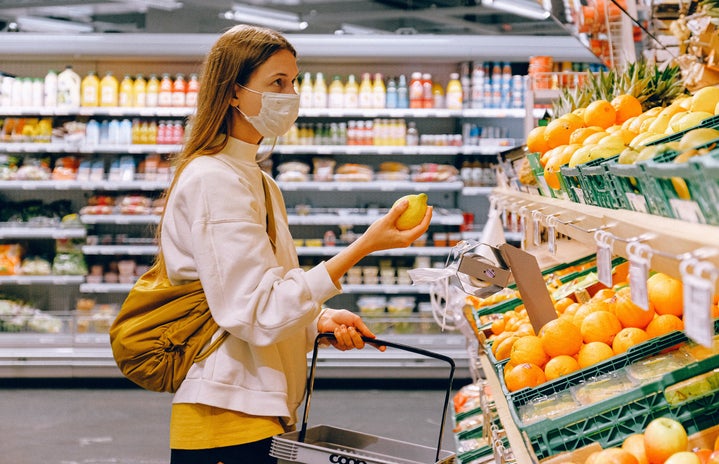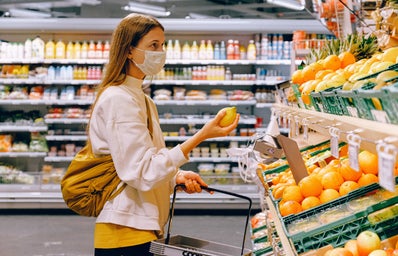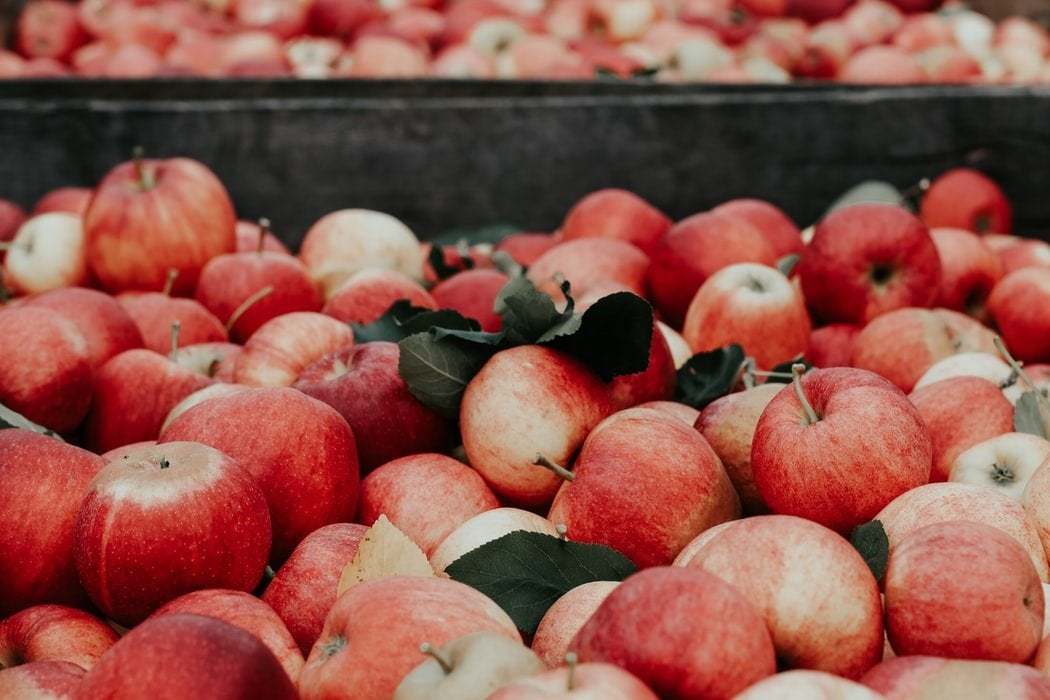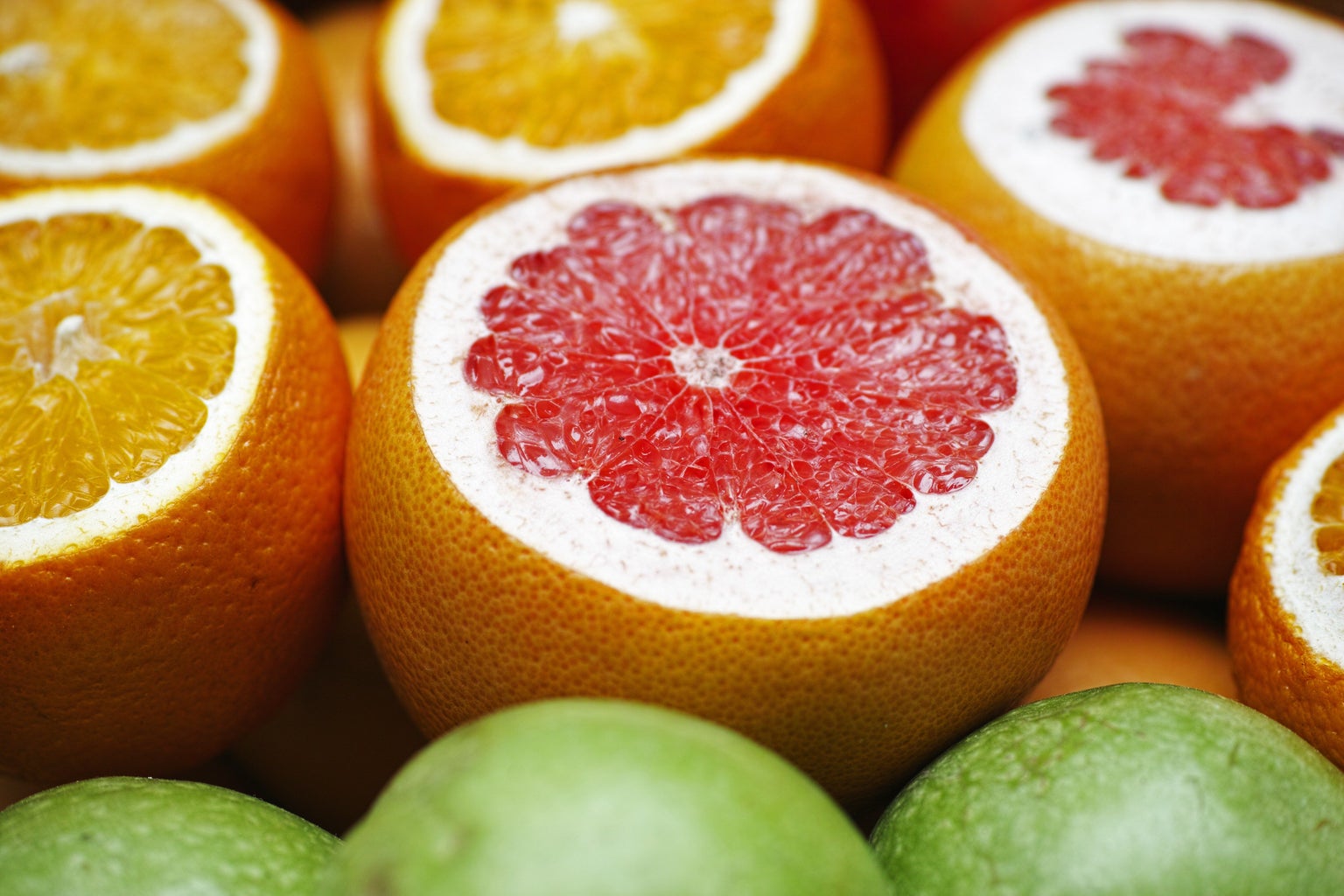As a college student, I struggle to keep my produce fresh for as long as possible. I have to grocery shop once a week since my produce will often only be fresh for less than a week. I decided to research and discover the best ways to keep my produce fresh for longer. I got my tips from this NY Times article, and I hope these help your produce last longer! Before we dive into specific foods, let’s talk about the three essential factors to keep in mind when trying to preserve produce.
Emily Grove, a sales strategist in fresh produce at Equal Exchange, says you must consider “temperature, ethylene, and airflow –the big three.” Different types of produce must be kept at different temperatures, either refrigerated or at room temp. For example, ethylene gas is naturally released from some fruits (apples and bananas), which can accelerate the ripening of other ethylene-sensitive produce. Ethylene-sensitive produce includes cabbage, leafy greens, lettuce, broccoli, cucumbers, peas, berries and carrots. No matter what temperature you keep these products at, always separate ethylene-producing and ethylene-sensitive products. Produce that should be held at room temperature needs good air circulation and plastic bags may lead to faster ripening. When it comes to refrigerated produce, they last longest when sealed in zip-top bags, including reusable pouches. These containers prevent the produce from dehydrating by holding in moisture.
Vegetables
Leafy Greens
Let’s begin with leafy greens such as kale, spinach, broccoli, romaine lettuce, cabbage, iceberg lettuce, mustard greens, swiss chard collards, and turnip greens.
Refrigerate these unwashed in zip-top bags. They should be left unwashed until use as excess moisture can cause leafy greens to rot faster. For those who prefer to pre-wash, wrapping them in clean towels or paper towels will help. If you notice any brown leaves, remove and discard them and store the rest in the zip-top bag.
Onion and Garlic
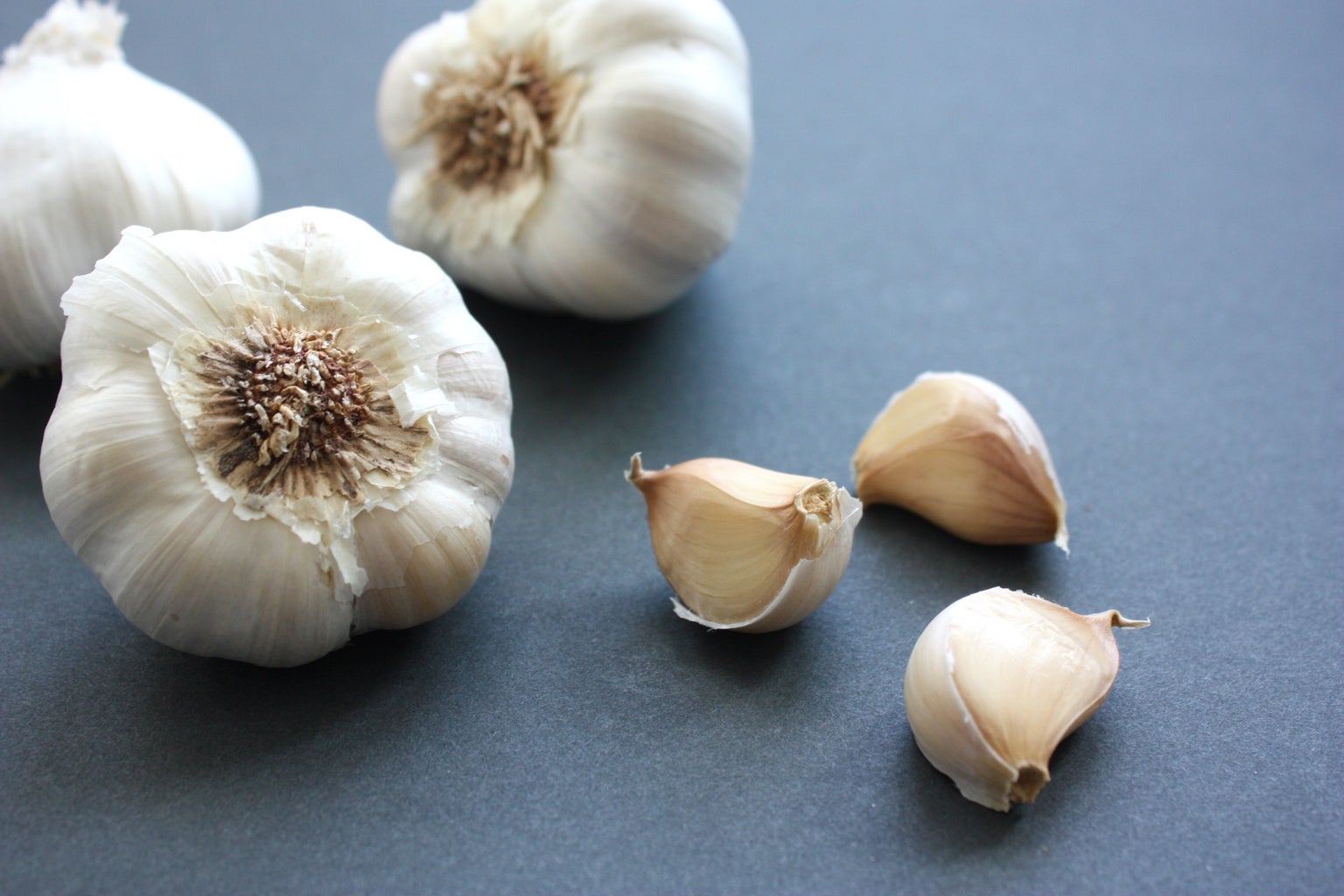
Do not refrigerate; store in a dark place with low humidity with some air circulation. Also, make sure to keep these separate from potatoes. Do not store them in a plastic bag or airtight container. You can refrigerate leftover cut onions by wrapping them in plastic or a container.
Potatoes
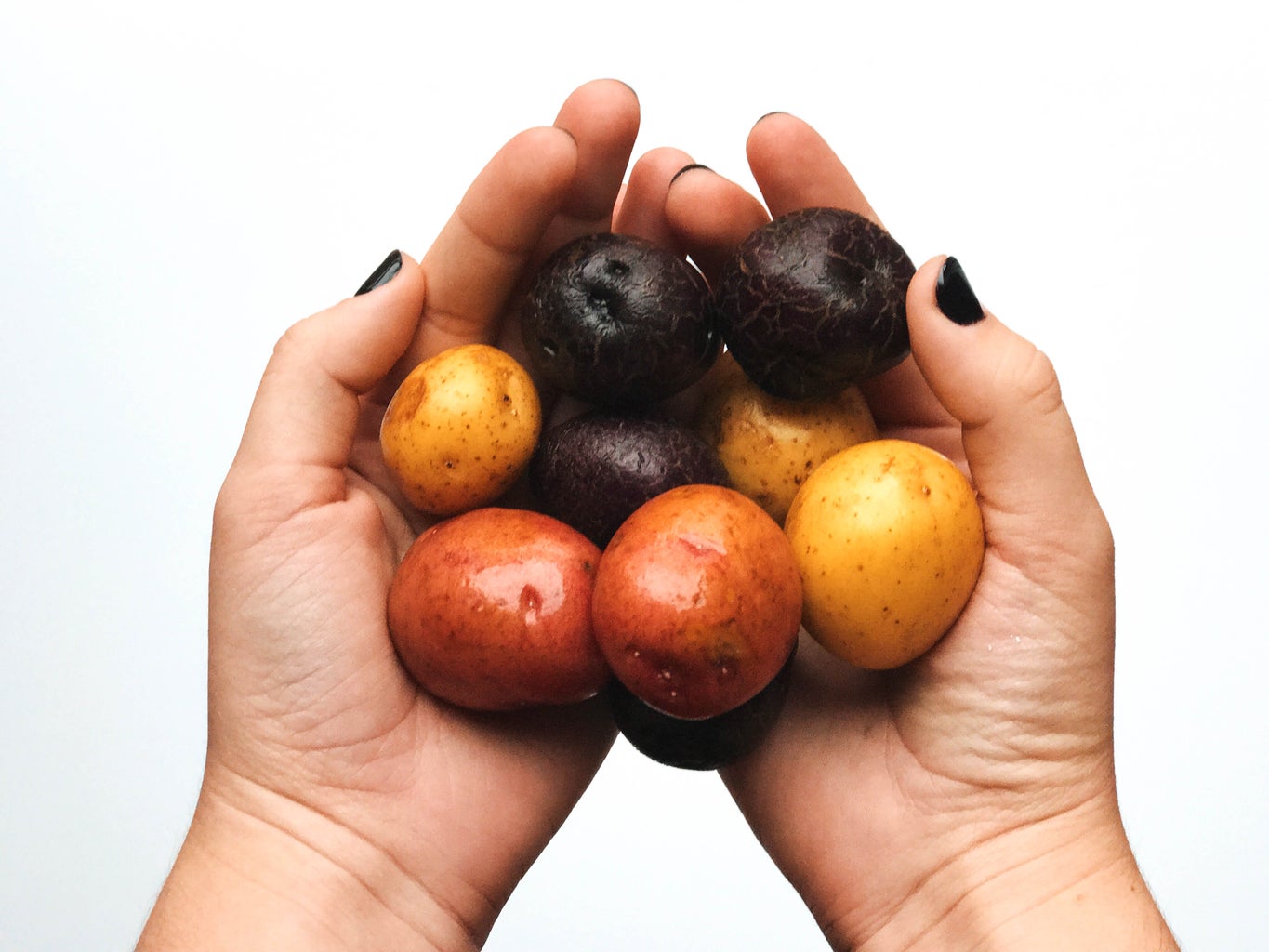
Similarly to onions and garlic, do not refrigerate; store in a dark place with high humidity and air circulation. Keep separate from any ethylene-producing produce that I listed earlier. Potatoes should last a few weeks when stored in these conditions away from appliances. Sweet potatoes do well in similar conditions but usually have a shorter life of one to two weeks.
Roots and Tubers

This category includes beets, turnips, carrots, ginger, parsnips and rutabagas. If you want the most extended life possible, refrigerate them in a plastic bag; otherwise, you can store them loosely in a crisper drawer. For those with leafy green tops (carrots, beets, turnips, radishes), experts recommend removing them as they pull moisture out of the vegetables. You can store the vegetables in zip-top bags or containers in the refrigerators.
Fruits
Apples and Pears
It is best to refrigerate these in a plastic bag in a crisper drawer with other ethylene fruits. Since apples release ethylene, they should be stored in a bag to protect other produce. Pears that are not ripe do best when stored outside the refrigerator, but once they have softened, they will do well in the fridge.
Mangos
Mangos should be stored at room temperature when unripe and in the refrigerator once loosened. Keep these away from other fruits.
Citrus Fruits
This category includes oranges, limes, lemons, grapefruits and clementines. These can be stored on a countertop or in the fridge if you want them to last longer. Oranges and grapefruits are not very ethylene-sensitive, so they can be stored with apples and pears. However, lemons and limes should be kept separately from ethylene producers.
Strawberries
Strawberries stay the freshest when they are dry and cold, so pre-washing them is not encouraged. Instead, wash them when you are ready to eat. When you notice that a strawberry has begun going bad, remove it from the others and discard it. Placing strawberries in a single layer inside a container lined with paper towels is best. You can stack strawberries on top of one another, but this enables mold to spread more rapidly.
Some recommend a vinegar bath to keep strawberries fresh longer. You can mix one cup of white vinegar with two cups of water and submerge your strawberries in the solution. After rinsing them with water, you can store them in a container lined with paper towels.
I hope these tips help your produce last as long as possible and reduce your grocery trips! Don’t forget the big three: temperature, ethylene and airflow. If you focus your attention on these, your produce should last longer than ever before. Additionally, I have made an easy table with each type of produce and its storage tips. This way if you want to quickly look back at any of these tips, you can simply look at the table rather than re-reading the article.
| Produce Type | Storage Container | Best Conditions | Avoid Putting Together with: | Shelf Life |
| Leafy Greens | Zip-top bag unwashed | Refrigerate | Apples, pears No excess moisture |
Up to 1 week |
| Onion / Garlic | Loose container | Cool and dry | No refrigerator / Closed plastic containers | 2 weeks + |
| Potatoes | Loose container | Cool and Humid | No refrigerator, no close plastic bags | 3 weeks + |
| Roots / Tubers | Remove Leafy tops Zip-top bag | Refrigerate | N/A | 3 weeks + |
| Apples | Plastic bag | Refrigerate | Leafy greens, carrots, cabbage | 2 weeks + |
| Pears | Loose → plastic bag in fridge | Room temp → Refrigerate | Leafy greens, carrots, cabbage | Up to 2 weeks |
| Mangoes | Loose container | Room temp → Refrigerate | Apples, pears | Few days – 2 weeks |
| Oranges / Grapefruit | Loose container | Refrigerate | N/A | 2 weeks + |
| Strawberries | Container, Single layerUnwashed | Refrigerate | N/A | 1 week + |
| Lemons / Limes | Loose container | Room temp → Refrigerate | Apples, pears, bananasNo plastic bags | 2 weeks + |
| Ginger | Zip-top bag | Refrigerate | N/A | 3 weeks + |
| Broccoli | Zip-top bag | Refrigerate | Apples, pears | Up to 2 weeks |
